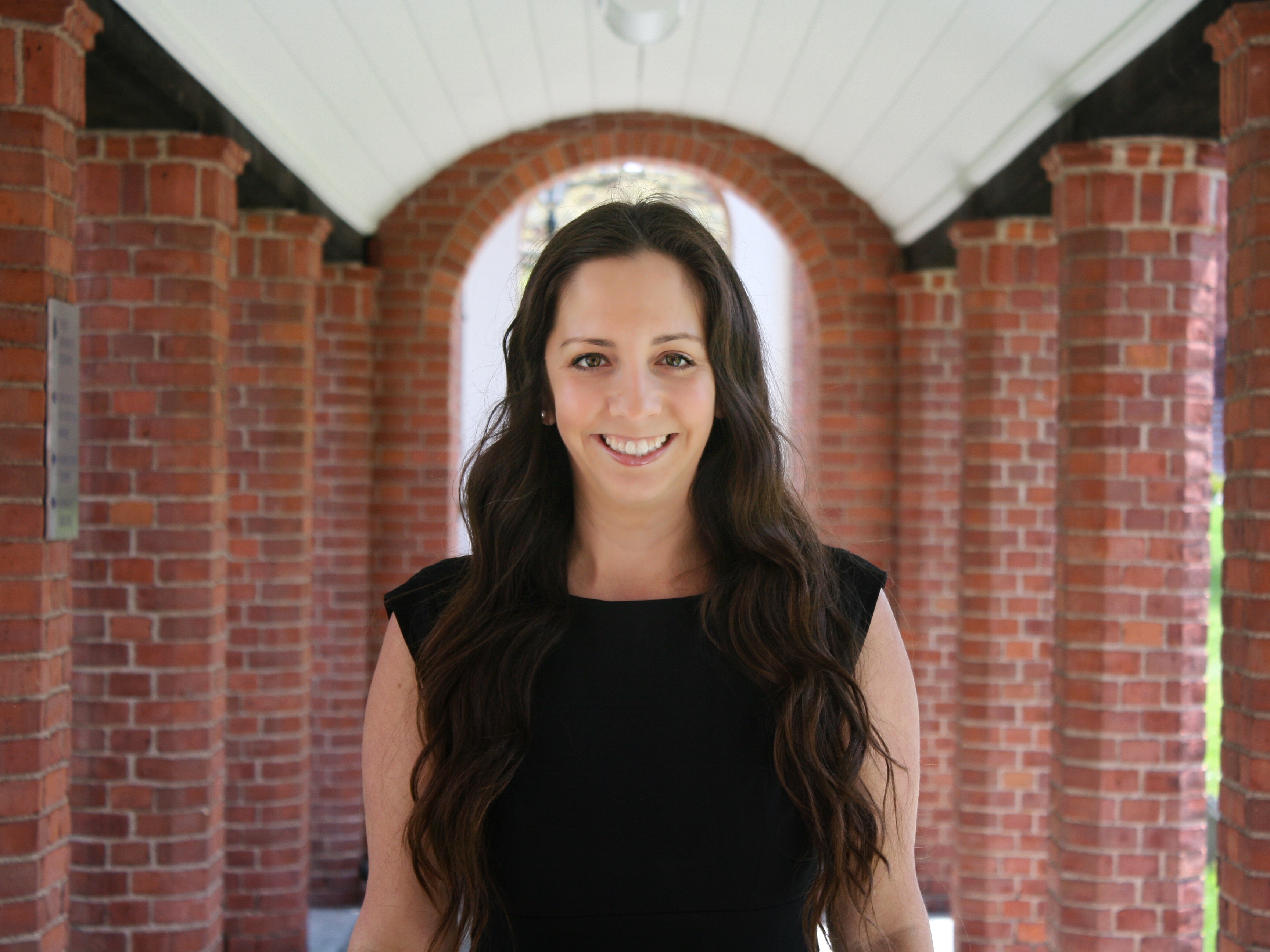Baylor Expert Shares Best Practices for Congregations to Create Participatory Online Worship Experiences


Follow Baylor University Media and Public Relations on Twitter: @BaylorUMedia
By Jonathan Hill, senior brand integration specialist, Baylor Marketing and Brand Strategy
WACO, Texas (April 15, 2020) – More than a month into physical distancing and troubleshooting the technical aspects of creating online worship services, many churches have pivoted from launching their services online to focusing on improving and cultivating the worship experience and community that their congregants are seeking.
Baylor University’s Angela Gorrell, Ph.D., assistant professor of practical theology at George W. Truett Theological Seminary and the author of always on: practicing faith in a new media landscape, is an expert in theology and contemporary culture, youth and emerging adults, formation and new media.
“Church leaders have an incredible opportunity to care for people’s mental, emotional and spiritual well-being by creating meaningful, participatory online worship experiences that will help people to not merely endure the coming weeks, but to sense God’s nearness, connect with each other and cultivate and live out their faith in restorative, life-giving ways,” Gorrell said.
Below, she shares eight best practices for congregations to create a more participatory experience at a time when their church family is searching for community.
- Create small groups. Invite people to worship in online groups of 10 to 15 people and empower members of your community to lead various parts of the service with one another. Equip them with a plan but invite them to lead and fully participate. Invite people to engage, read the Bible together, try things out and to talk, rather than simply stare at a screen.
- Invite members of your community to try out Christian practices like gratitude, compassion and peacebuilding. Provide concrete ways community members can live out their faith online and while practicing physical distancing. Then give people ways they can share how it went with each other.
- Identify two to five people who can help you and other people at the church to learn to use online tools, troubleshoot technology issues and even make videos. Ask them to serve on the team for one or two months.
- Reach out to your community members and make sure people know how to use the tools that your community is using to build online engagement. Call and make sure people have the devices and ability to participate. Aim to design worship experiences that include people with differing abilities and special needs.
- Connect people across generations. This is an excellent time to create mentoring relationships between older and younger generations. Elders and youth could be pen pals or teach each other a new hobby like sewing or playing an online game.
- Create opportunities for fun and creative activities. Have household challenges where people try to take the funniest photos or make the wildest looking cookies. Invite congregants to share a video or photo of something they have created, like an art piece, song or poetry. Encouraging fun, playfulness and the online sharing of gifts and passions nurture relationships.
- Invite your community members to be witnesses of God’s love in their communities. Provide concrete ways people can love their neighbors well. Ask people to report back and tell the community how it went by sharing a short video or a post on your group’s Facebook page or a chat on GroupMe.
- Take this time to invite community members to learn new spiritual disciplines like Examen or new ways of praying together, like prayer strolls or writing prayers in groups or pairs.
Gorrell has designed two guides – one for Christian leaders who want to do multigenerational ministry online, and another specifically for youth leaders who want inspiration for taking their ministry online, partnering with Paul Gorrell and the Yale Youth Ministry Institute. Both guides are available at angelagorrell.com as free downloads.
ABOUT BAYLOR UNIVERSITY
Baylor University is a private Christian University and a nationally ranked research institution. The University provides a vibrant campus community for more than 18,000 students by blending interdisciplinary research with an international reputation for educational excellence and a faculty commitment to teaching and scholarship. Chartered in 1845 by the Republic of Texas through the efforts of Baptist pioneers, Baylor is the oldest continually operating University in Texas. Located in Waco, Baylor welcomes students from all 50 states and more than 90 countries to study a broad range of degrees among its 12 nationally recognized academic divisions.
ABOUT GEORGE W. TRUETT THEOLOGICAL SEMINARY AT BAYLOR UNIVERSITY
Baylor University’s George W. Truett Theological Seminary is an orthodox, evangelical school in the historic Baptist tradition that equips God-called people for gospel ministry in and alongside Christ’s Church by the power of the Holy Spirit. Accredited by the Association of Theological Schools, Truett Seminary provides theological education leading to the Master of Divinity, Master of Arts in Christian Ministry, Master of Theological Studies, Doctor of Ministry and Ph.D. in Preaching. The MACM and MTS degrees also can be completed at the seminary’s Houston campus. In addition, Truett Seminary offers joint degrees: M.Div./M.S.W. and M.T.S./M.S.W. with the Diana R. Garland School of Social Work, M.Div./M.B.A. with the Hankamer School of Business, M.Div./J.D. with Baylor Law School, M.Div./M.M. with the School of Music and M.Div./M.S.Ed. or M.Div./M.A. with the School of Education. Visit www.baylor.edu/truett to learn more.